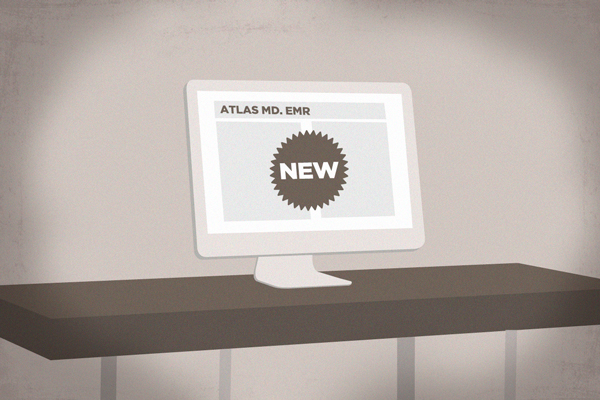You can boast about features till you turn blue in the face. And you’ll probably get conversions from it. It’s important to tell your patients what you offer, but that’s not what they really want.
Truth be told, they want the same thing you do. They want the Direct Care lifestyle.
Sure, they like that you’re available 24/7, but what they really care about is that you’ll answer their text at 2 a.m. when their baby spikes a high fever. They like extended appointments, but they truly value being heard. They appreciate wholesale medication prices, but they tell their friends how their doc just keeps on trying to save them money.
So tell your patients about the features you offer. But sell them on the benefits. Luckily for Direct Care docs, backing up feature claims is built right into the business model. When you and your patient act as a team, your vision for your practice can really come to life.

